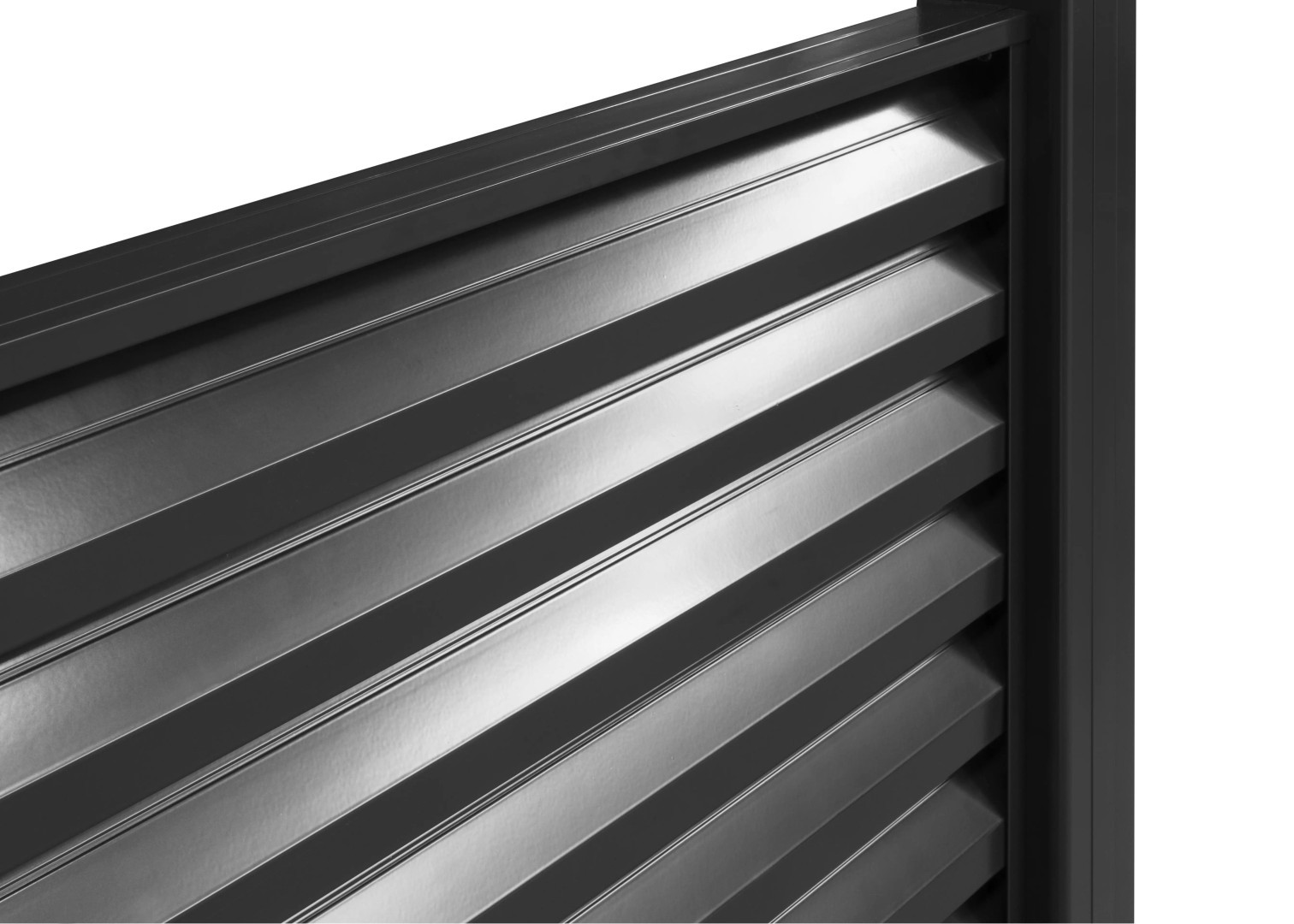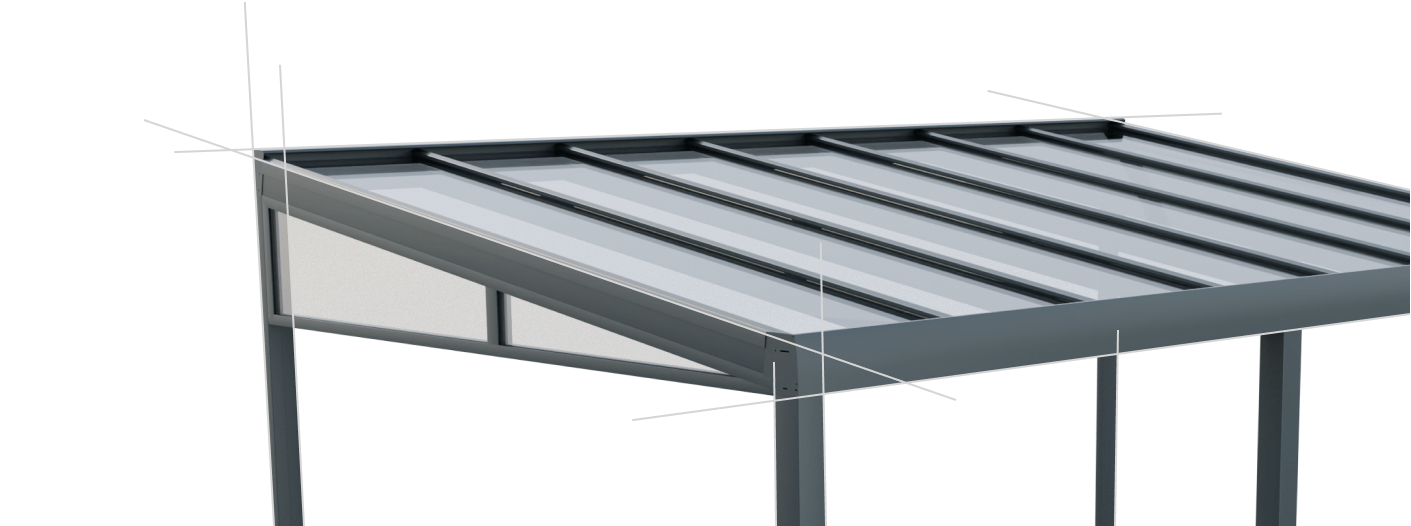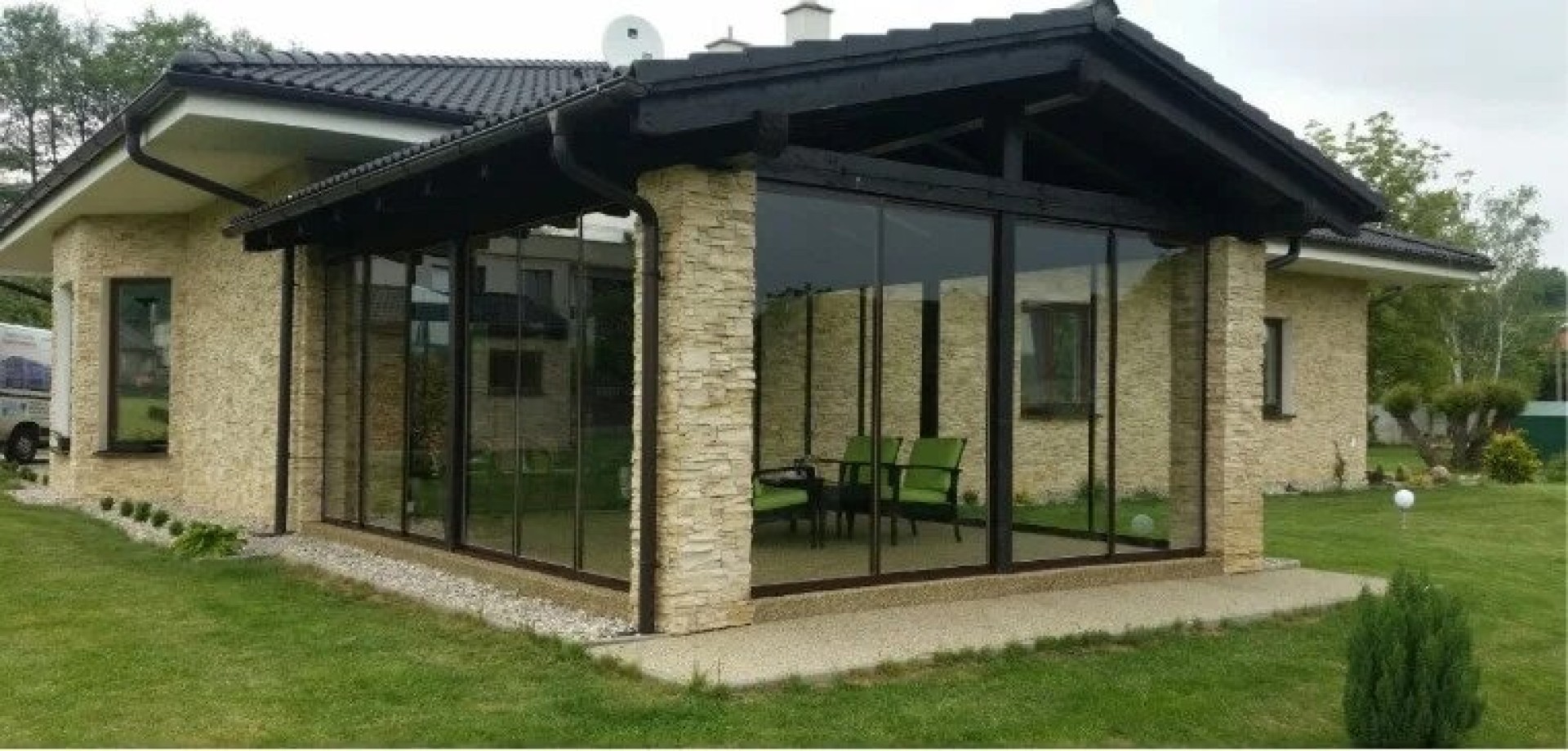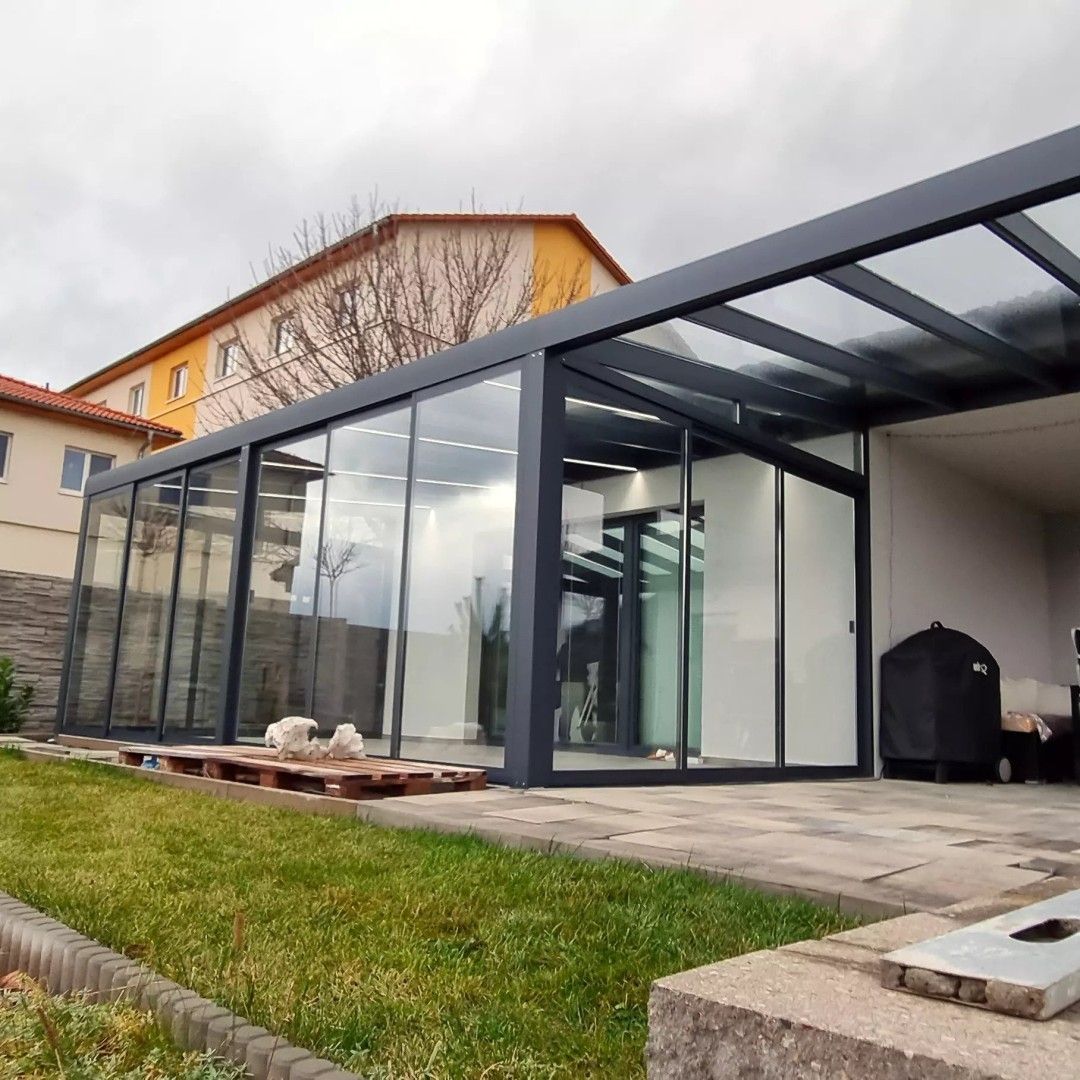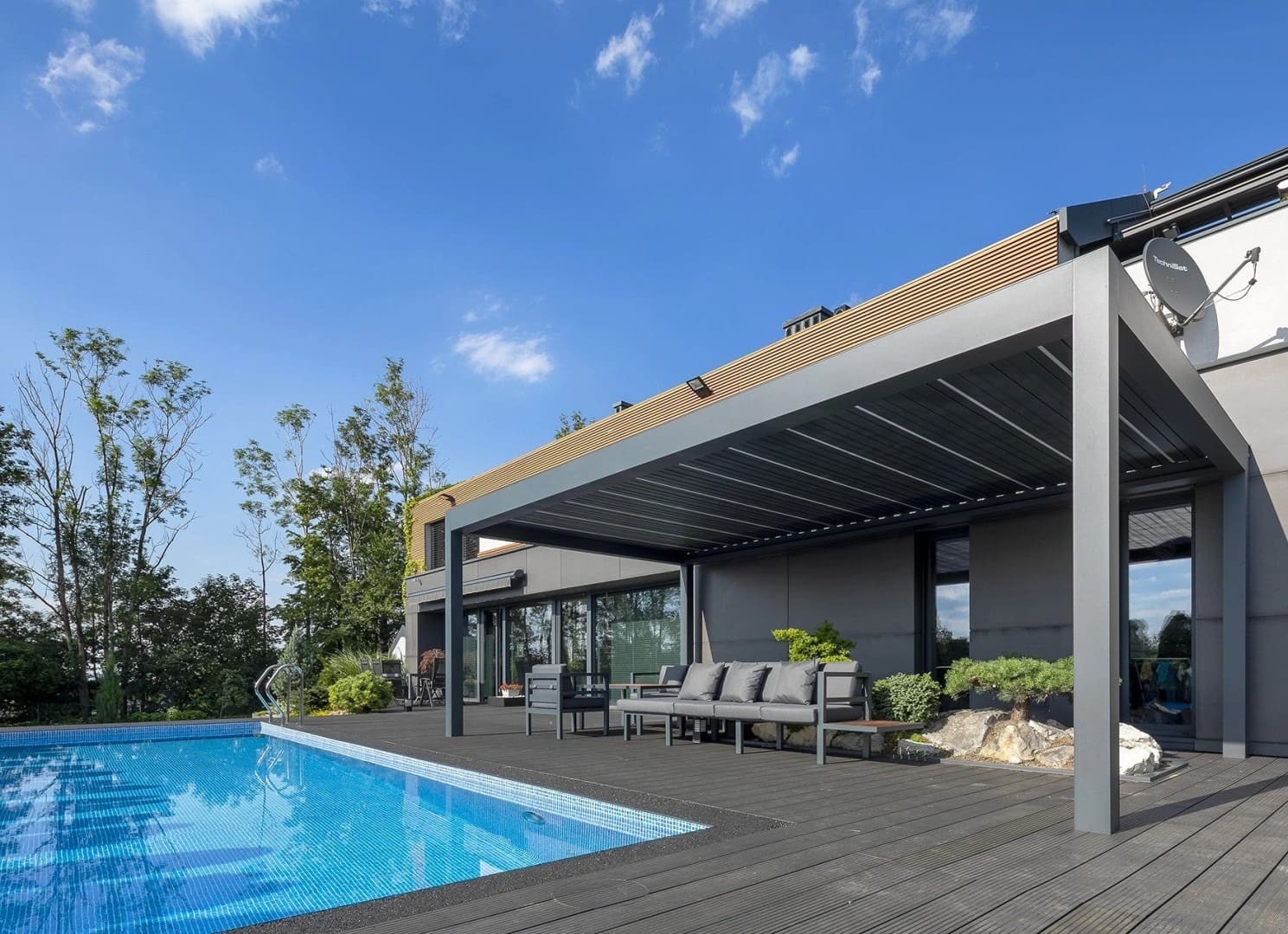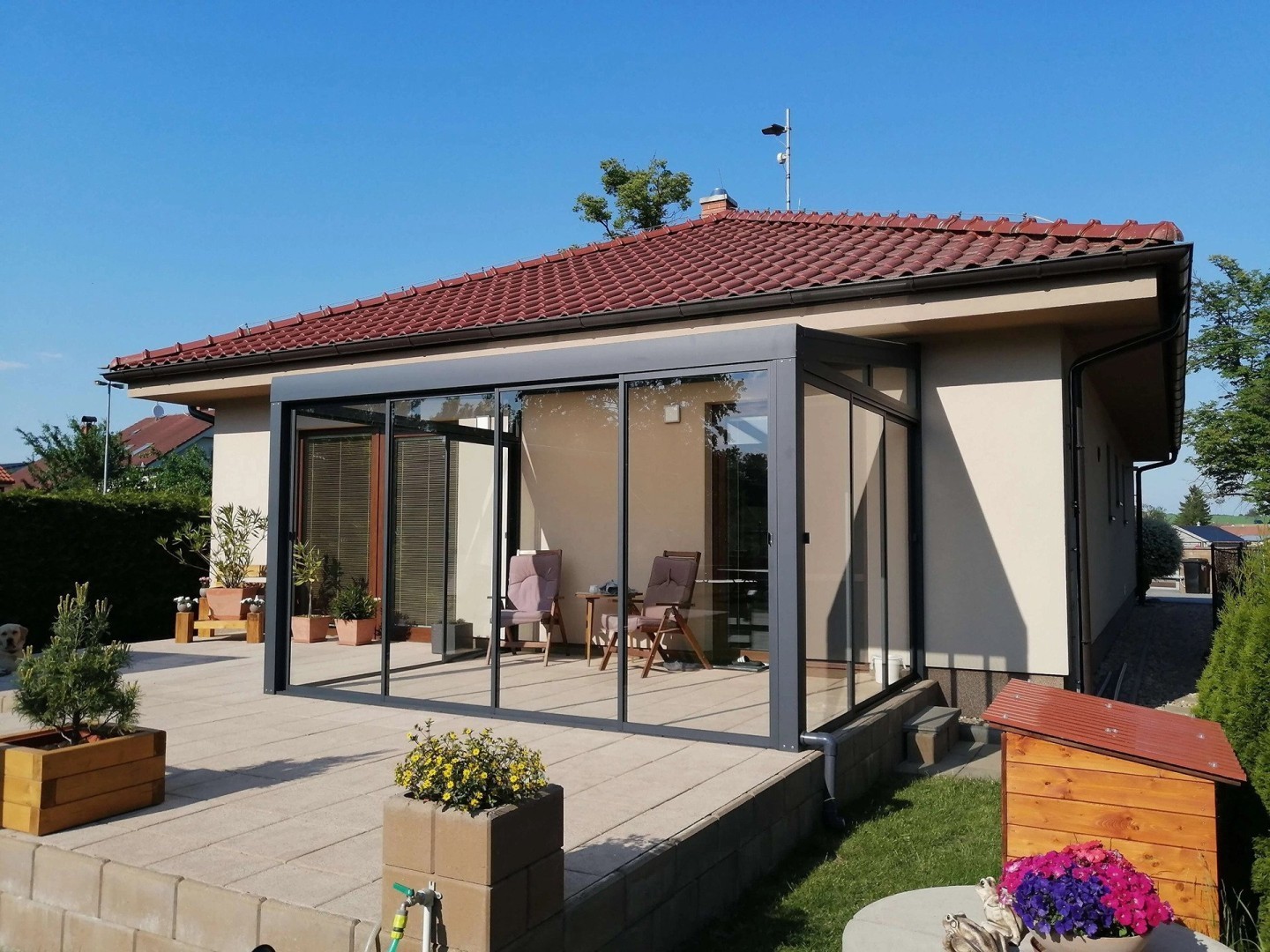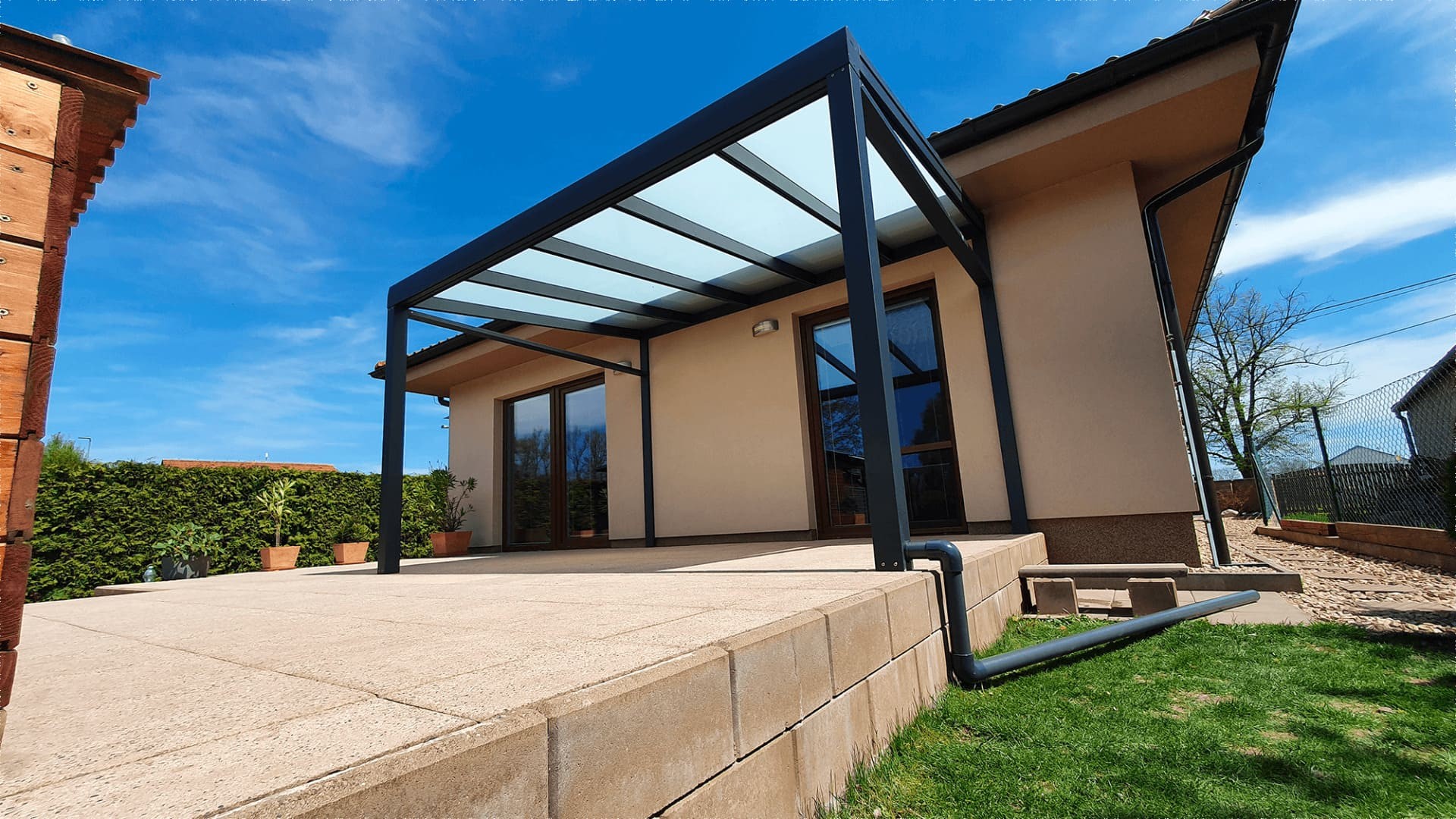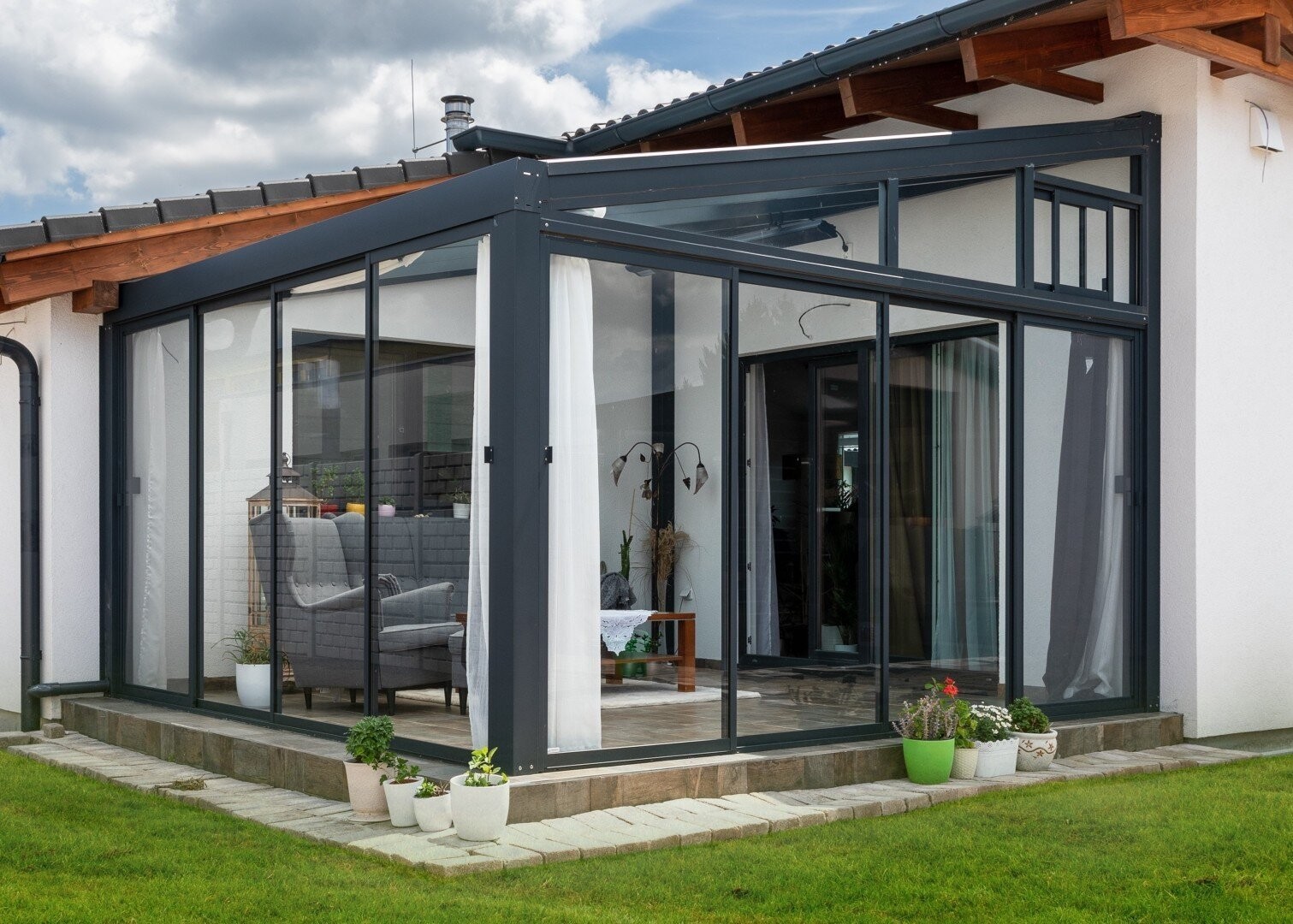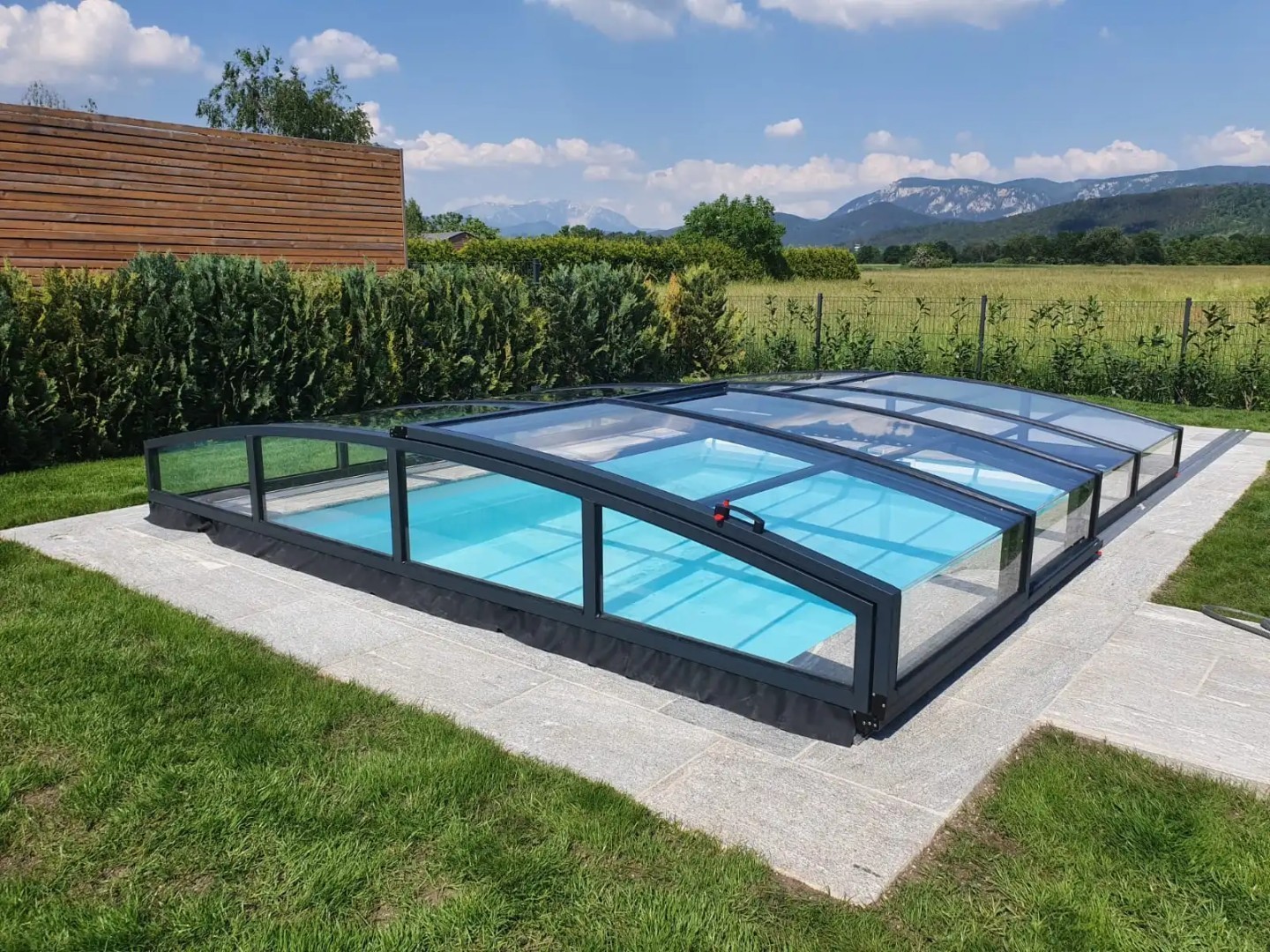Fence constitutes one of the most crucial elements of your property, both in terms of functionality and aesthetics. The style of your fencing defines the visual impression of the entire premises and is the first thing that catches the eye when looking at your home. Simultaneously, it should complicate the attempts of unwanted visitors to enter your property as much as possible. The most commonly used materials for contemporary fences are steel and aluminum, each with its advantages and disadvantages. We will help you to choose the right one based on your needs and expectations.
Design
The range of designs for both materials is almost boundless today. If design is your top priority, and cost is not a concern, you can't go wrong with either of these materials. Unfortunately, not many of us have an unlimited budget for fencing, so other aspects such as price, maintenance, durability, and strength need to be considered.
Price
In this regard, aluminum clearly wins over steel - it is easier to process, bend, or cut. Its lighter weight reduces transportation costs and various other factors, resulting in significantly lower prices for the customer in the end product. Moreover, if you own a family home, the lower cost of aluminum does not impact its basic functional requirements, primarily preventing unwanted individuals from entering the property. However, if you are concerned about more severe vandal attacks on your fence, it is advisable to consider another aspect: strength.
Strength
Despite aluminum reliably preventing common attempts to enter the property, in the case of forced entry using tools or brute force, a steel fence may be a more functional choice, as it is more difficult to damage mechanically. This can be useful for industrial buildings or warehouse complexes that are concerned about property theft. For typical residential houses, it is necessary to consider whether incurring significantly higher costs makes sense.
Maintenance and Durability
Although material treatment technology has advanced for both aluminum and steel, aluminum still holds its advantage in terms of maintenance-free characteristics. It is resistant to corrosion, requires no protective coatings, and after installation, care for it ends, lasting for decades. In the case of steel, annual care and protection with coatings are necessary, and despite these measures, some degree of corrosion is unavoidable. With proper steel maintenance, the durability of both materials is comparable, but the time and financial investment associated with their maintenance differ.
The choice is up to you
Your decision between aluminum and steel should depend on the way you intend to use your fence, your budget, and what kind of stress you expect it to withstand. If your goal is to create an impregnable fortress from your property, and budget is not a concern, steel is a suitable option. If you are looking for a durable, economical, and aesthetic choice without the need for maintenance, high-quality treated aluminum is certainly a step in the right direction.
